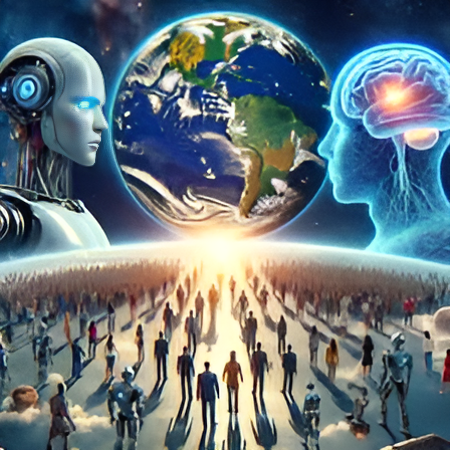
Our world is undergoing a swift transformation due to Artificial Intelligence (AI). From autonomous vehicles to virtual aides such as Siri and Alexa, AI is increasingly embedding itself into our daily routines. Although it provides convenience and innovation, it also prompts a crucial question: Will AI take over human jobs?
This debate has existed for some time, but it has intensified due to recent developments in generative AI such as ChatGPT, robotics, and machine learning. This article will examine the impact of AI on employment, identify the industries most at risk, highlight roles that are currently secure, and offer advice on how to safeguard your career for the future.
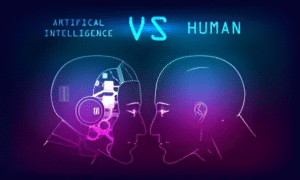
The Rise of AI in the Workforce
AI encompasses more than just robots assuming control of physical tasks. Today, AI can carry out cognitive tasks like data analysis, content creation, medical diagnosis, and even music composition. This indicates that tasks normally carried out by people can now be performed by AI.
A report from McKinsey Global Institute in 2023 stated that automation could lead to the loss of up to 800 million jobs globally by 2030. Nevertheless, the report indicates that numerous new jobs will arise, particularly in sectors such as technology, healthcare, and education.
Jobs Most Likely to Be Replaced by AI
1.Manufacturing and Assembly Line Work
Repetitive tasks can already be performed by robots and machines driven by AI with greater speed and precision than humans.
2.Customer Service
Human agents in call centers are being replaced by chatbots and virtual assistants, which manage thousands of queries at the same time.
3.Data Entry and Bookkeeping
AI can process and analyze data at a much higher speed, which diminishes the necessity for human involvement in routine administrative tasks.
4.Transportation and Delivery
Jobs in trucking and delivery services are under threat from self-driving vehicles, drones, and automated logistics systems.
5.Retail and Cashiering
With the advent of self-service checkouts and AI-based online helpers, the necessity of conventional cashiers is diminishing.
Jobs That Are Safer from AI — For Now
1.Creative Roles
Positions in writing, design, filmmaking, and marketing demand emotional intelligence and originality—traits that AI still finds challenging to replicate authentically.
2.Healthcare and Nursing
Although AI can help with diagnosis and data analysis, it cannot replace the emotional connection and human care that doctors and nurses provide.
3.Education
Teachers are crucial to social development and personalized learning—areas where AI cannot provide a complete substitute.
4.Skilled Trades
Jobs such as plumbing, electrical work, and carpentry demand practical problem-solving in unpredictable settings — challenging for robots to manage.
5.Leadership and Strategic Roles
It is still people, not machines, who are responsible for making decisions that involve ethics, emotions, and human values.
The Human Advantage: What AI Can’t Replace
AI is powerful, but it has limitations:
- Creativity and Emotion: While AI can produce content, it does not possess profound creativity or an emotional context.
- Ethics and Morality: AI lacks a conscience and moral reasoning; thus, decisions still rely on human judgment.
- Empathy and Relationships: Humans are adept at fostering relationships, comprehending feelings, and demonstrating empathy.
- Flexibility:People can adjust to abrupt changes and engage in multiple tasks across uncertain surroundings.These characteristics are still fundamental to numerous professions, providing humans with an advantage — at least for the time being.
How AI is Creating New Jobs
While AI might be removing certain jobs, it’s also generating brand-new roles, including:
- AI Trainers :Instructing machines on how to enhance their results.
- Prompt Engineers :Formulating prompts that steer AI programs such as ChatGPT toward producing improved outcomes.
- Data Analysts :Deciphering AI-generated insights to steer business strategies.
- Robot Technicians :Keeping automated machines operational and programming them.
- Ethical AI Specialists :Guaranteeing that AI is used responsibly in society.
The World Economic Forum suggests that as the connection between humans and AI becomes more profound, around 97 million new roles could arise by 2025.
How to Future-Proof Your Career
1.Learn New Skills
Keep abreast of tech trends. Enhancing your skills in coding, data analytics, or cloud computing can increase your relevance.
2.Focus on Soft Skills
Emotional intelligence, communication, leadership, and critical thinking are irreplaceable skills.
3.Lifelong Learning
Keep your competitive edge by signing up for online courses, going to workshops, and earning certifications.
4.Embrace Technology
Rather than being afraid of AI, learn to leverage it for your benefit. Learn to work with AI tools instead of trying to compete with them.
5.Adapt and Evolve
Being flexible is essential. Be prepared to change roles, acquire new tools, or even investigate different sectors.
The Future: Collaboration, Not Competition
The future of work will focus on collaboration between humans and AI, rather than competition between the two. Consider AI a tool that can enhance human abilities, rather than a replacement.
For example:
- By employing AI in diagnostics, a physician can provide care that is speedier and more precise.
- An author who employs AI tools can accelerate research and the generation of content.
- Thanks to AI simulations, engineers can solve problems more quickly than before.
Working together is crucial for success in an AI-driven future.
Conclusion
Will AI take over your job then?
Yes — if it involves tasks that are repetitive, predictable, and don’t require much emotional or creative input.
Definitely not — if it depends on human judgment, emotional intelligence, adaptability, and creativity.
The optimal strategy is to accept AI rather than fear it. Utilize it to boost your efficiency, innovation, and uniqueness. Having the right attitude and abilities means you can thrive, not just survive, in the AI age.
For more Information : Health tips , Entertainment, food Technology

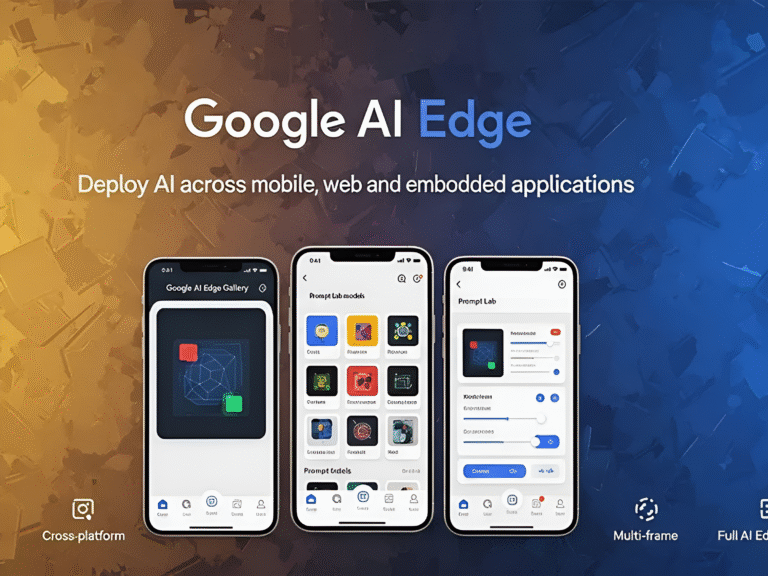
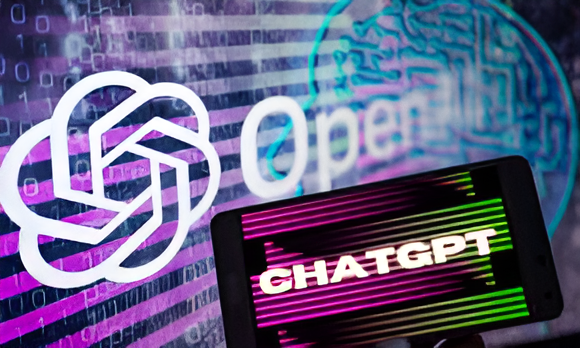
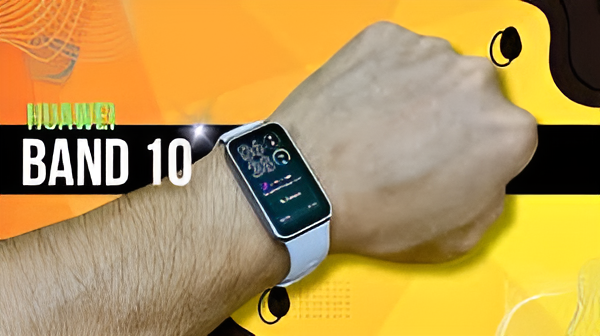




Thanks for sharing this information